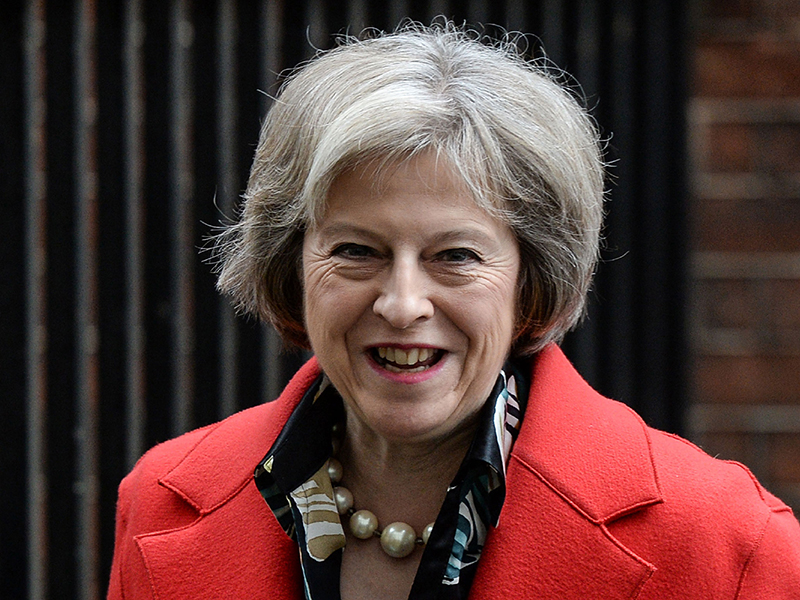Will Theresa May Make A Good Prime Minister?
| 12th July 2016
With the after effects of Brexit starting to settle in, we are having a complete change in parliament, or thats how it seems anyway. David Cameron resigning after the results were released leads Theresa May to fill his shoes on Wednesday evening once Cameron offers his resignation to the Queen.
As the news of Theresa May breaks, comes the questions; is she really the right person to lead us? Is she another Margaret Thatcher? What does this mean for equality?
With many people heading to twitter to voice their opinions, it’s easy to see that not many people are happy that the former Home Secretary will be their new Prime Minister. With one twitter account announcing that on 26th May 2016, Theresa May voted in favour of repealing the Human Rights Act 1998, however during her leadership campaign she explicitly ruled this out conceding that there was no appetite for reform. Still people aren’t very happy.
As a woman who voted to stay in the EU, how does that actually fare for Brexit? Is she the right person to lead us out of the EU? She stated, mainly to reassure Brexit-supporting individuals, “Brexit means Brexit and we’re going to make a success of it.” She’s showing that even though she supported the remain campaign, she is going to back the decision of the people and carry this out.
But what does that mean for equality? Will having a female prime minister help in the ways of feminism?
May voted in favour of legalising same-sex marriage saying, “If two people care for each other, if they love each other, then they should be able to get married” but then previously voted against repealing section 28, a law that had banned schools from intentionally promoting homosexuality, and against reducing the age of consent for gay sex. However, during her leadership speech she spoke about equality of opportunity saying “Right now, if you’re born poor, you will die on average nine years earlier than others. If you’re black, you’re treated more harshly by the criminal justice system than if you’re white. If you’re a white working-class boy, you’re less likely than anybody else to go to university. If you’re at a state school, you’re less likely to reach the top professions than if you’re educated privately. If you’re a woman, you still earn less than a man. If you suffer from mental health problems, there’s too often not enough help to hand. If you’re young, you’ll find it harder than ever before to own your own home.”
As well as that comment, she’s an avowed feminist proving this by leading a fight to close the UK’s gender wage gap in 2008 and confronts sexist comments about her fondness for stylish shoes, does this mean that as Prime Minister she’s going to keep pushing for equality?
When she was home secretary, she pushed for more action on domestic violence, including a law against coercive control. As minister for women and equalities, May was criticised by the Labour party for scrapping a legal requirement on public bodies to try to reduce class inequalities. she said “That was as ridiculous as it was simplistic.”
Is this her way of saying she’s going to try and make equality better or is she simply stating the facts?
With Theresa May its hard to see if her promises to support equality is actually sincere as when you look at her past records of voting and what she says, its tragically different, she defends those votes by saying if it was today they would be different and they were “some years ago.”
With everything else in Brexit, we’ve just got to wait and see what the government decides to do, but with Theresa May, previous Home Secretary and Equalities Minister, we should hopefully start to see a difference in equality.

